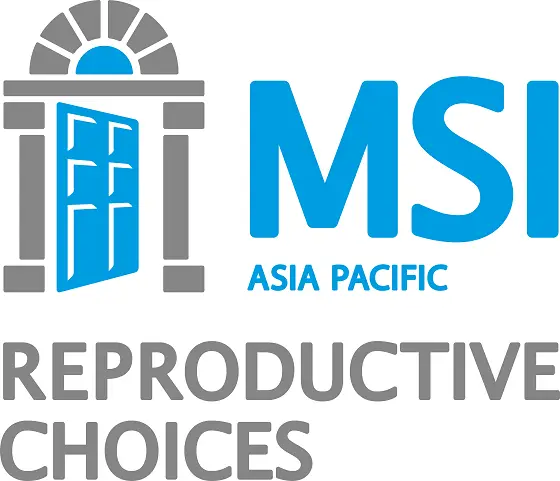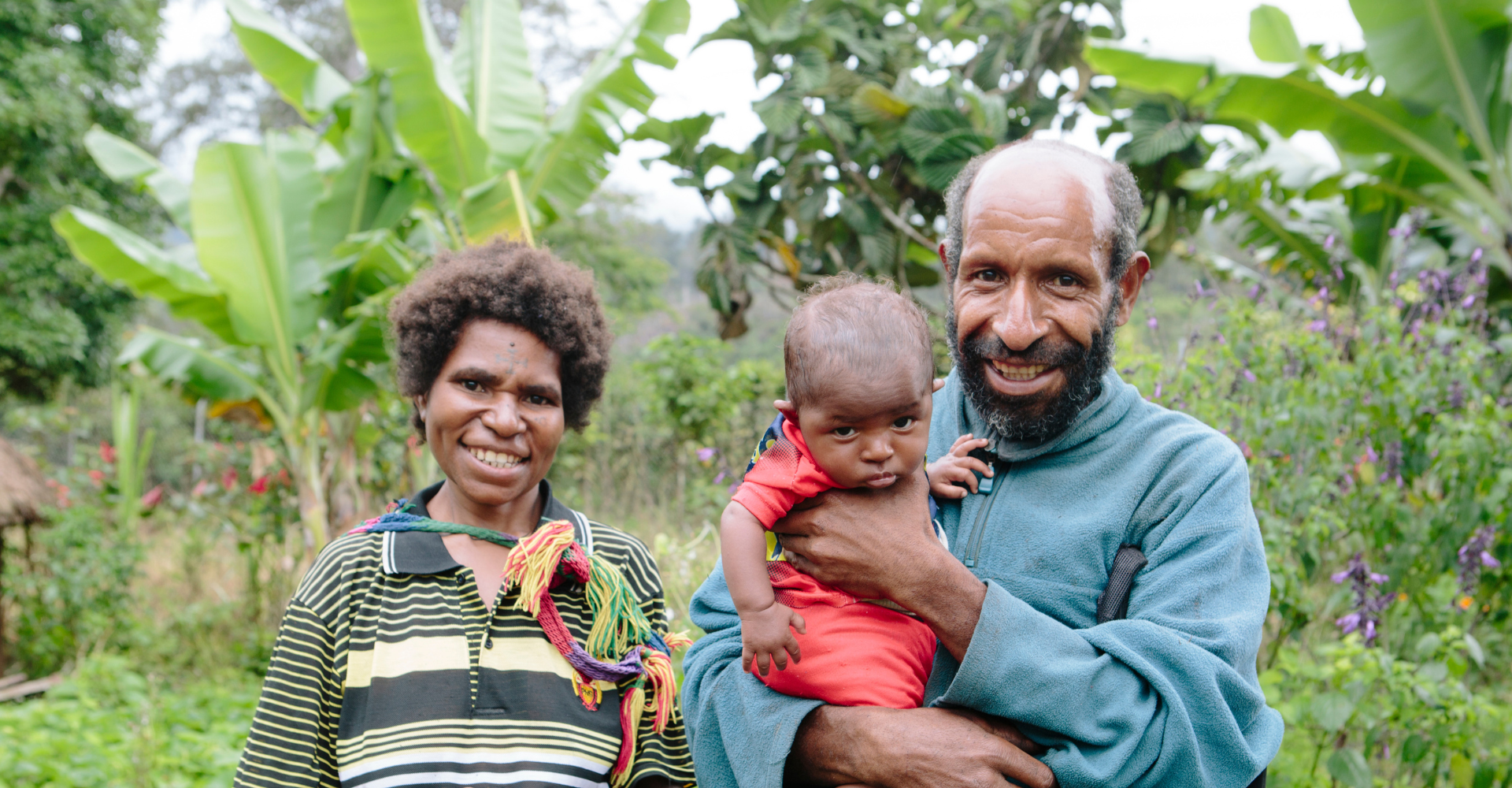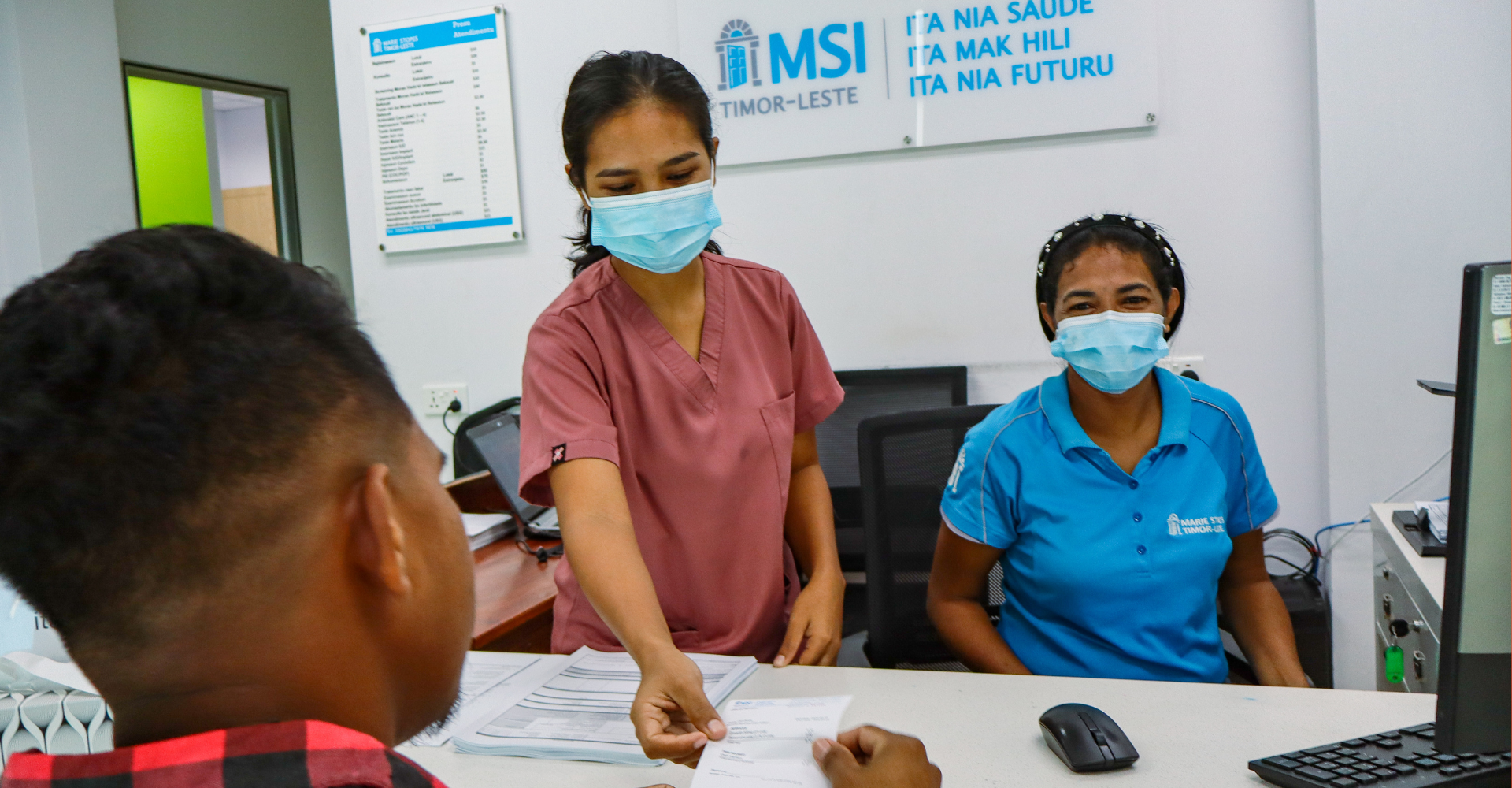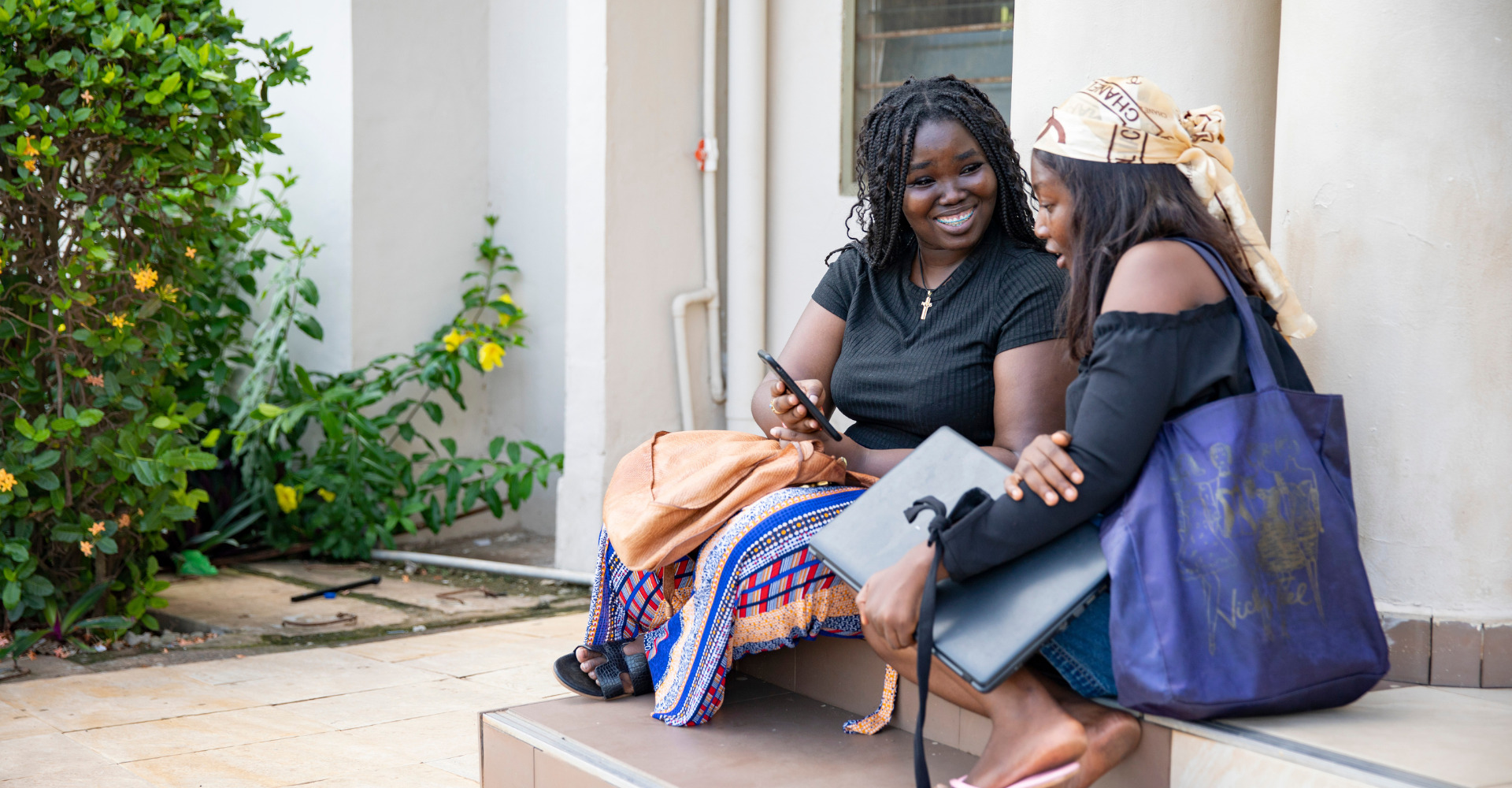In a remote village in Papua New Guinea, Paul* made a decision that would change his family’s future.
In 2024 alone, MSI provided more than 4,000 vasectomies worldwide—and nearly 800 of them were in Papua New Guinea. That’s one-fifth of all vasectomies across the entire partnership, delivered in one of the most logistically challenging countries on earth.
It’s a remarkable achievement, especially in a place where taboos around family planning are strong, and many communities are days away from the nearest health provider.
So how is it happening?
In Papua New Guinea, MSI has taken an approach that’s as ambitious as it is grounded. They work hand-in-hand with local communities. They invest in peer-to-peer education. They build trust, dismantle myths, and show up in the most remote corners of the country, bringing care to the people who need it most.
As a result, men like Paul are choosing vasectomy not just as a personal health decision, but as an act of love, responsibility, and leadership.
A global leader in male engagement
Paul supported his wife and five young children through coffee farming, but deteriorating local roads have impacted the viability of farming. As a subsistence farmer, this had a major impact on his family’s wellbeing and financial security.
Paul heard about MSI from some of its Community-Based Mobilisers and from other community members, who were sharing stories of their positive experiences receiving services through MSI.
Though customary taboos in Papua New Guinea tend to shape attitudes toward family planning, Paul made the decision to get a vasectomy.
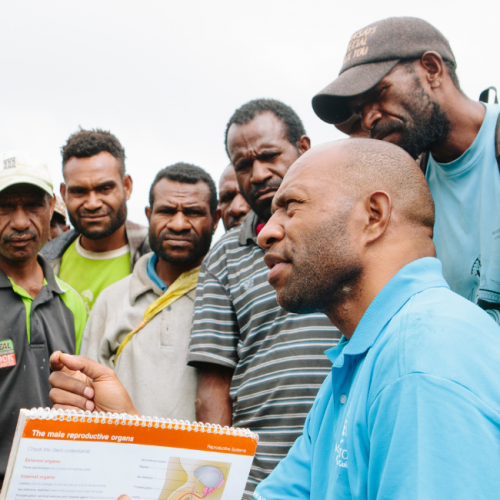
What is a vasectomy?
A vasectomy is a safe, quick, and highly effective method of permanent contraception for men. It’s a simple, minimally invasive procedure that usually takes less than 30 minutes and involves very little downtime.
Compared to other surgical procedures, vasectomies carry fewer risks, are less expensive, and do not affect sexual function. But despite the medical benefits, uptake globally remains low, due in large part to misinformation, gender norms, and limited access in rural areas.
MSI is helping to shift that narrative, showing that with the right information and community engagement, men are ready to play their part.
A model for the future
This World Population Day, we’re celebrating the individuals and teams making real progress toward gender equity, reproductive choice, and more resilient families.
Paul’s story, and the work of the remarkable team in Papua New Guinea, are proof of what’s possible when men are informed, supported, and included in the conversation.
Papua New Guinea is showing the world that men will step up—when we meet them with care, respect, and access.
